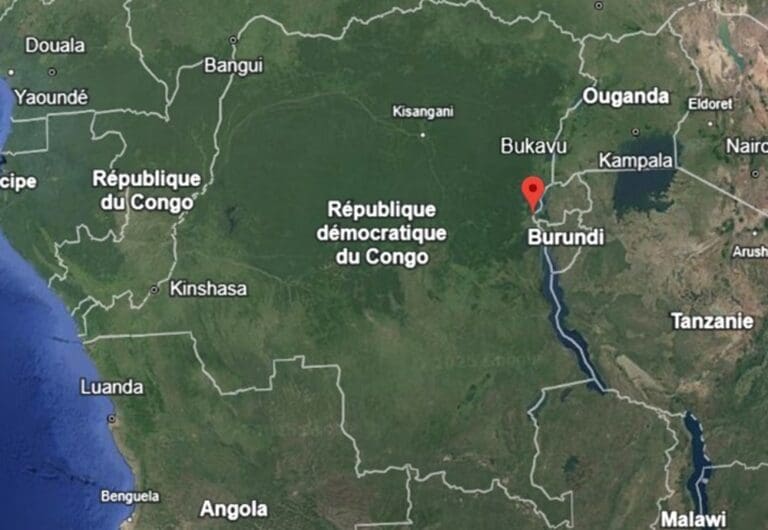The capture of Bukavu, the capital of South Kivu province, by the M23 rebel group has plunged the city into a state of paralysis.
While a precarious calm has returned to the city, the impact of the M23 takeover is deeply felt across all sectors of life.
The Congo River Alliance (AFC/M23), in a statement released on Monday, February 17th, called for a “constitutional struggle for the liberation” of the Democratic Republic of Congo. The rebel movement denounced “bad governance, authoritarianism, corruption, and the hoarding of national resources.”
Life in Bukavu has been brought to a standstill. The vibrant Boulevard Emery Patrice Lumumba, once bustling with activity, now stands eerily silent. Banks, shops, and schools remain closed, and administrative services are severely disrupted. Only motorcycle taxis navigate the deserted streets, providing a lifeline for the few residents venturing out.
The medical sector is also operating at a reduced capacity. The International Committee of the Red Cross (ICRC) is focusing its efforts on providing emergency medical care for gunshot wounds at the general referral hospital.
Local radio stations, deprived of their usual programming, now broadcast continuous music, reflecting the city’s descent into an uneasy silence. Residents, still reeling from the events of the takeover, are left to grapple with the aftermath of looting and the uncertainty of the future.
The M23’s capture of Bukavu has sent shockwaves across the region and raised serious concerns about the ongoing conflict in eastern DRC.
AC/Sf/fss/abj/APA


